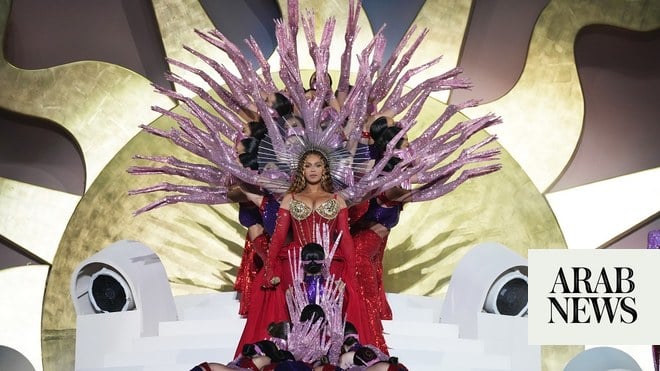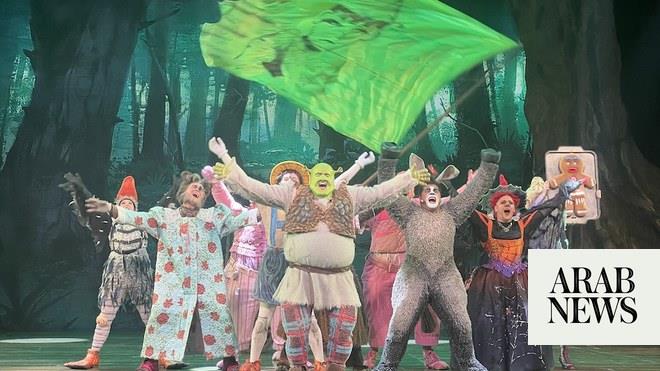
Cabaret opens with a Nazi getting kicked out of the Kit Kat Klub, a Berlin nightspot catering to the prurient whims of a well-heeled audience in 1931. It ends with the entire club populated by Nazis, as if it were under occupation. In between, the show goes on with minor changes to accommodate a different clientele, and the country, too, slips inexorably into darkness, engulfing characters who are powerless to stop it, even if they’re inclined to do so. It is an utterly bone-chilling movie musical, yet seductive, witty and delightful – an unbearable lightness of being.
The contradictory tensions of Cabaret are managed with such deftness by director Bob Fosse that it remains, 50 years later, a rare film that feels like only one person could have pulled it off. How people continue to live their lives in the face of encroaching authoritarianism and violence is an endlessly renewable and relevant subject for movies, but Fosse choreographs the foreground and background of historic change with as much care as he brings to the song-and-dance at the Kit Kat Klub. “Leave your troubles outside,” beckons Joel Grey’s Master of Ceremonies to the audience in the opening number. Easier said than done.
Cherry-picking from multiple sources – chiefly Kander and Ebb’s 1966 Broadway musical and the semi-autobiographical novel on which it was based, Christopher Isherwood’s The Berlin Stories – Fosse heightens the contrast between the libertine spirit of his main characters and the nationalist, antisemitic fervor that was sweeping through Germany at the time. In an all-time great performance, Liza Minnelli is both winning ingenue and devastating tragedienne as Sally Bowles, an American performer at the Kit Kat Klub. Fosse cleverly introduces Minnelli as a background dancer first, suggesting her willingness to conform, to literally fall in line with the crowd.
But of course she doesn’t conform or shrink in the spotlight. She’s Liza Minnelli. Sally chooses to live her life moment to moment, with a spontaneous pleasure-seeking instinct that allows her to keep the blinders on. When Sally is off the stage, Minnelli’s performance recalls the vintage work of a young Shirley MacLaine, the star of Fosse’s debut feature, Sweet Charity. Jokes are made constantly about the number of men who have passed through Sally’s bedroom, but she has a bubbly naivety that suggests a born-yesterday innocence. She simply isn’t going to turn her thoughts toward the politics of the country that’s hosting her. Her world is the Kit Kat Klub, a disheveled room at a boarding house and wherever the latest party takes her.
Splitting the difference between Isherwood’s gay surrogate and the heterosexual in the Broadway musical, Michael York plays Brian, a bisexual British academic who moves into the room across the hall from Sally, where he intends to teach English for money while working on his doctorate. He doesn’t have a minute to settle in before Sally ropes him into a “prairie oyster” hangover concoction (an egg with Worcestershire sauce) and works quickly and effectively to make him the closest friend she has in town. His sexuality is an obstacle that she’s able to clear – unlike his last three girlfriends – but when the two meet Max (Helmut Griem), a rich baron who likes to play the field, it leads to a bizarre love triangle that complicates their relationship.
Inspired by the silent movie star Louise Brooks – both in her sharply cut bangs and her air of mystery – Minnelli commands the screen at all times, but shows tremendous versatility in a range of situations: as the featured performer of Mein Herr; as a Golden Age romcom flibbertigibbet; as a sexual adventurer; and, finally, as a woman who has developed the kind of hangover that can’t be washed away by a prairie oyster. Grey is similarly inspired as the Master of Ceremonies, acting as a kind of bellwether for the changes happening in the country, which has the effect of turning him from silly to sinister as the Kit Kat Klub starts serving a new audience. York can only seem temperamentally stodgy by comparison, but his performance accommodates Minnelli’s while giving the film a crucial moral footing in reality.
Fosse’s version of this story restores a subplot from Isherwood’s book about the relationship between Fritz (Fritz Wendel), a German Jew who’s passing as Protestant, and Natalia (Marisa Berenson), a wealthy Jewish heiress who doesn’t know his secret. Fritz and Natalia’s fraught romance feels too tangentially related to Sally and Brian’s to fit snugly into Cabaret as a whole, but it signals Fosse’s seriousness in engaging in the grim truths of the period, even if that results in much more of a bummer musical than the one that played Broadway. And in perhaps the most extraordinary scene in the movie, Fosse pauses to witness a beer garden in rural Bavaria, where the entire crowd, shot from Leni Reifenstahl camera angles, comes together to join a Hitler Youth member in a soul-sickening rendition of Tomorrow Belongs to Me. (Move Cabaret toward the top of the long list of 70s studio movies that could have never been 21st-century studio movies.)
There’s a way of understanding the characters in Cabaret, Sally especially, as unforgivably decadent, indulging in wine and song and sex while underestimating or willfully ignoring where the country was going. The baron Max is certainly guilty of that. But one thing Cabaret does well is remind the audience of the very human impulse to “leave the world outside” and escape into fantasy – whether that’s the fantasy of lingerie kick-lines or the fantasy that the Nazi threat can be suppressed by the German government. Sally has no power to stop any of it from happening – and Brian, when he tries, gets beaten on the streets – and so all she can do is keep going to work. History doesn’t pause for her. Or for us.












